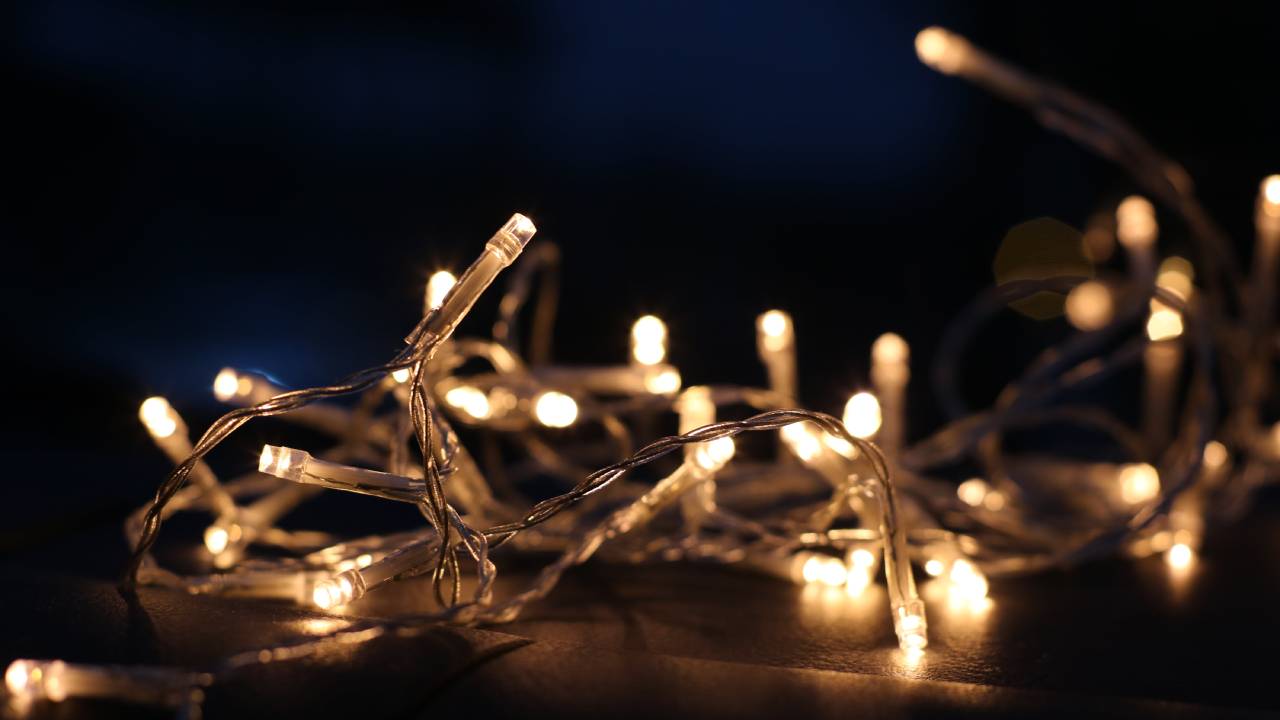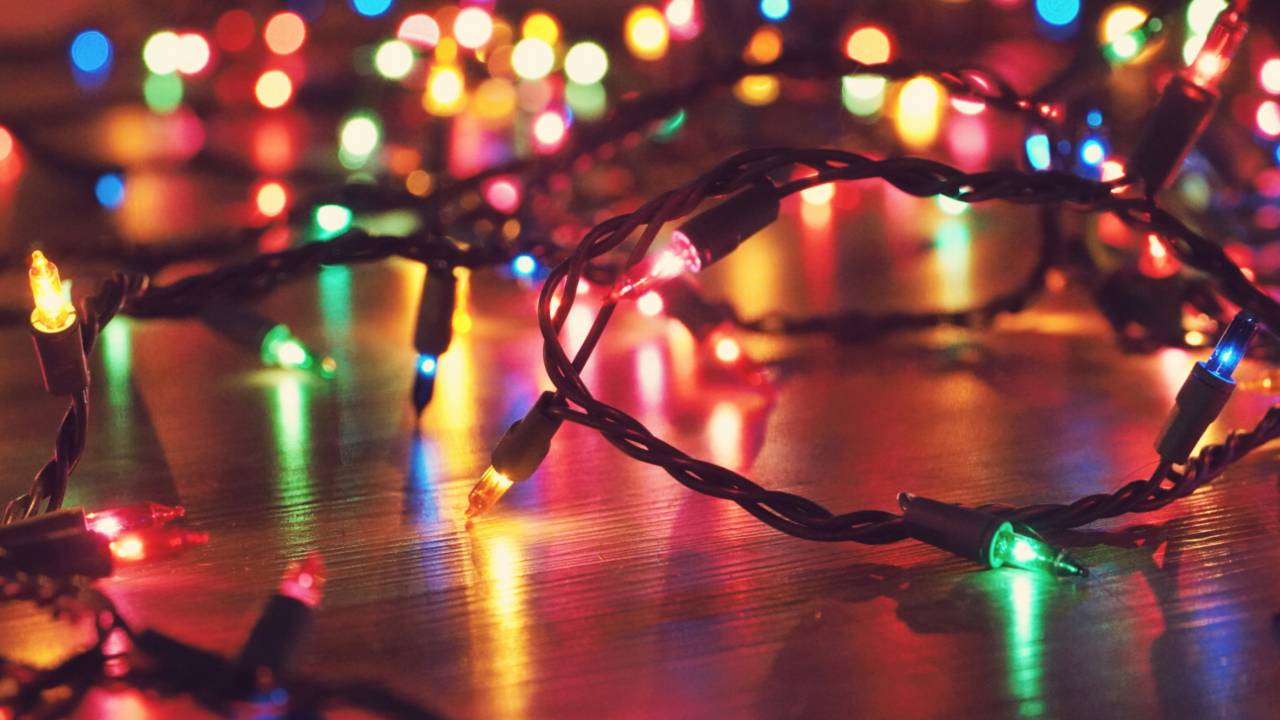
Having trouble sleeping over Christmastime? Your Christmas lights could be to blame, according to sleep psychologists.
With Christmas only a few days away, sleep is probably the last thing on your mind. Instead, you’re likely focusing on wrapping presents, preparing Christmas dinner and getting your house ready for guests to stay. But having a good night’s sleep on the best mattress should be prioritised so you’re feeling and performing your best over the festive season.
Turning off your Christmas tree lighting is probably the last thing you do before going to bed, but these lights and decorations could actually be making your sleep worse. Dr Katherine Hall, resident sleep psychologist at Happy Beds has revealed that there’s a strong connection between festive lights and sleep, with some lighting patterns and colours negatively impacting the quality and quantity of your sleep.
Which Christmas lights disrupt your sleep?
Speaking with Dr Hall, she explained that “being exposed to intense, bright or flashing lights before bedtime is a sleep hygiene faux pas. The dazzling lights we all love during the festive season send the wrong signal to your brain, disrupting melatonin production and hindering your sleep-wake cycle.”
Light plays a key role in regulating your circadian rhythm. It’s why you’re told to get fresh air and natural light in the morning and avoid using your phone before bed as the harsh blue light tricks your brain and body into thinking that it’s time to be awake rather than asleep. As Dr Hall goes on to say, “this disruption to your circadian rhythm can lead to difficulties falling asleep, and you’re likely to have reduced sleep quality, ultimately affecting your energy levels the next day.”
All that being said, that’s not to say that you shouldn’t decorate your home with festive decorations. Instead, think about the colours and patterns of Christmas lights you’re using as some are worse than others when it comes to a good night’s rest.
The three Christmas lights that negatively affect your sleep the most are blue lights, multi-coloured lights and flashing lights. Blue light, which is generated by phones and artificial lights, offers a stimulating effect which causes alertness which negatively impacts your sleep cycle. This is why you find it hard to fall asleep after scrolling on your phone before bed.

While visually appealing, multi-coloured lights “emit a spectrum of colours that may disrupt melatonin regulation. It's like having a mini light show before bedtime – charming, but not conducive to a restful night's sleep." The same can be said for flashing lights as they “create heightened visual stimulation, hindering your ability to switch off at night,” explains Dr Hall.
Dr Hall recommends picking Christmas lights with a warmer tone to minimise these disruptions. “Opting for lights in a single, warm colour, such as red or warm white, offers a gentler and more soothing glow, aligning better to promote relaxation and better sleep quality,” says Dr Hall. “Many studies show that red light enhances sleep quality, facilitating a quicker and more restful sleep. Warm white lights emit a softer, less stimulating glow than bright white or blue, contributing to a restful night's sleep."
Another solution is to turn off your Christmas lights two hours before bedtime to “allow melatonin production to follow its natural circadian rhythm… this promotes a smoother transition to sleep and enhances overall sleep quality,” Dr Hall explains.
For more lighting advice, read our guide to the best smart bulbs and check out these 5 Christmas lights safety tips to stay safe this festive season.







